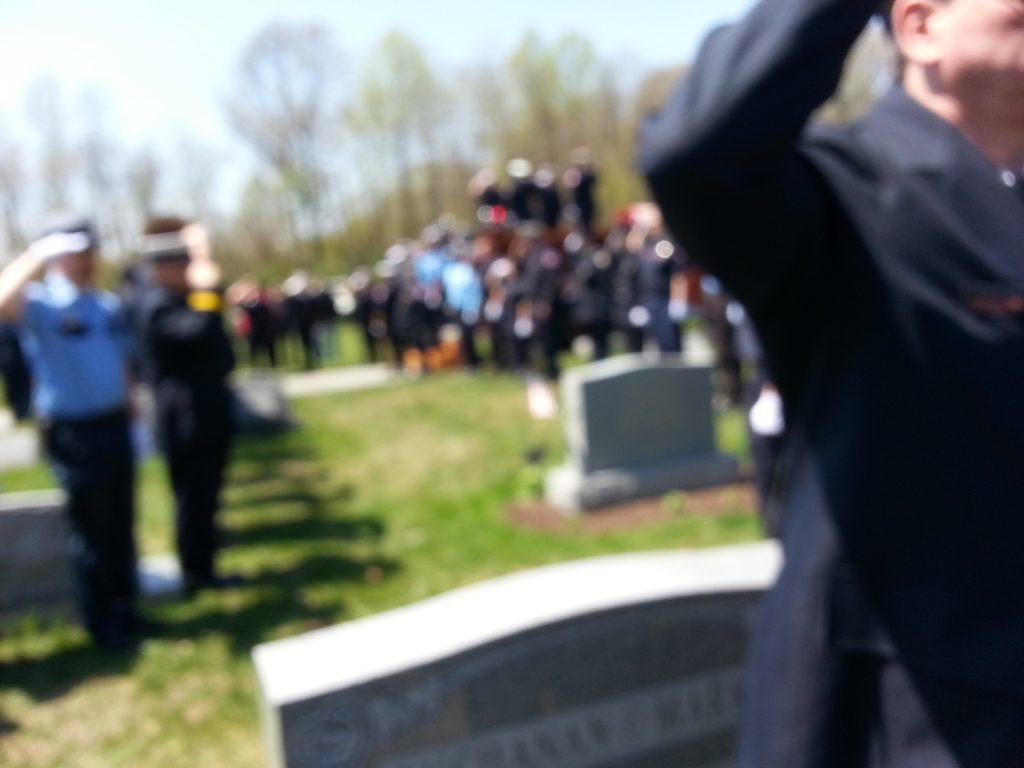Do you talk to your dead?

Do you talk to your dead?
—
Soon after my maternal grandfather died in 2006, I was sitting with my grandmother — his widow— and she told me something that I thought was weird, maybe even a little dangerous. She told me that she constantly talks to Pop-pop. Everyday, even every hour.
—
At that time, I was just in the beginning of my “death positivity” journey, and I had this idea in my head that “death acceptance” meant we acknowledged death as final, and stop trying to deny it’s reality through various coping mechanisms, like talking to the dead.
—
I was wrong. It turns out that talking to our dead isn’t a product of death denial, it’s a product of love and relationships.
—
My maternal grandparents had a wonderful relationship, the kind of fairy tales and romance novels. There wasn’t one without the other. When you were in the room with both of them, there was this sense that they were one and yet different . . . almost like they were one person divided into two individuals.
—
So that when Pop-pop died, for my grandmother, it was as though he left and he didn’t. It was though he was dead and alive, absent and present, there and not there because even though he wasn’t there, he was still apart of her because their love remained.
—
I used to think it was weird when people talked to the dead, and I used to think it was even weirder when people claimed their dead talked to them, but not anymore. Love is mysterious, it’s sacred, and it breaks through hard and fast boundaries that we’ve set in place between death and life. Death denial is a real thing, and it’s problematic, but love allows for both death acceptance AND continuing bonds.
—
Do you speak to your dead? Do they speak to you? It’s okay if you answer “no” to both, and it’s okay if you answer “yes.” As long as love mediates your grief experiences, I’m not so sure you can go wrong.
